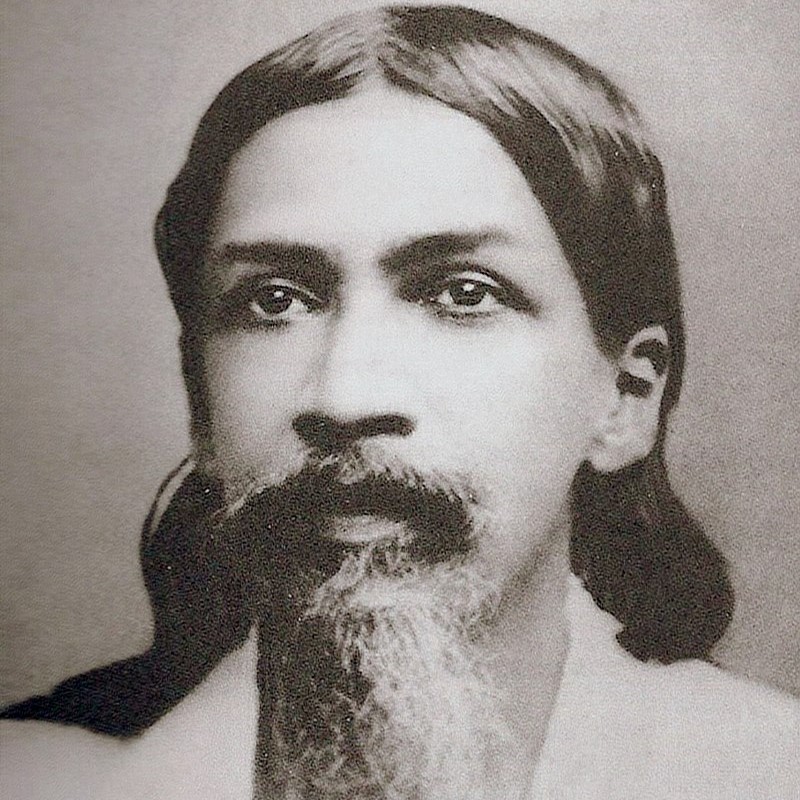Aurobindo Ghose

Aurobindo Ghose was born on 15 August 1872 in Calcutta. His parents wanted him to be raised in a European style, so they sent him to England at the age of seven. There, he learned Greek, Latin, French, and German. He returned to India in 1893 and took a position at Baroda State College, where he worked as a teacher for 12 years. During this time, he became acquainted with Indian culture and languages.
After the partition of Bengal in 1906, Aurobindo moved to Bengal and became active in anti-British activities. He joined the non-cooperation movement and supported armed revolt, co-founding the Anushilan Samiti. In 1907, he started the newspaper Bande Mataram. He was arrested following the killing of Magistrate Kingsford by Khudiram Bose and Prafulla Chaki. While in Alipore jail, Aurobindo experienced a spiritual awakening and began to embrace a philosophical lifestyle.
In 1910, he escaped to Pondicherry, where he devoted his life to ‘integral yoga’. He gained followers, leading to the establishment of Sri Aurobindo Ashram in 1926. Aurobindo wrote extensively on yoga, philosophy, Indian culture, and the Vedas. He also composed the spiritual epic poem Savitri, which consists of more than 23,000 lines. His spiritual work and writings inspired a generation of Indians.
Trivia : Aurobindo Ghose passed the prestigious ICS (Indian Civil Service) examination but did not join the services.
References:
- Aurobindo Ghose: Revolutionary to Spiritualist - Hindustan Times
- Sri Aurobindo Ghose: Great Philosopher and Yogi - Free Press Journal
- Sri Aurobindo: Biography - Jagran Josh